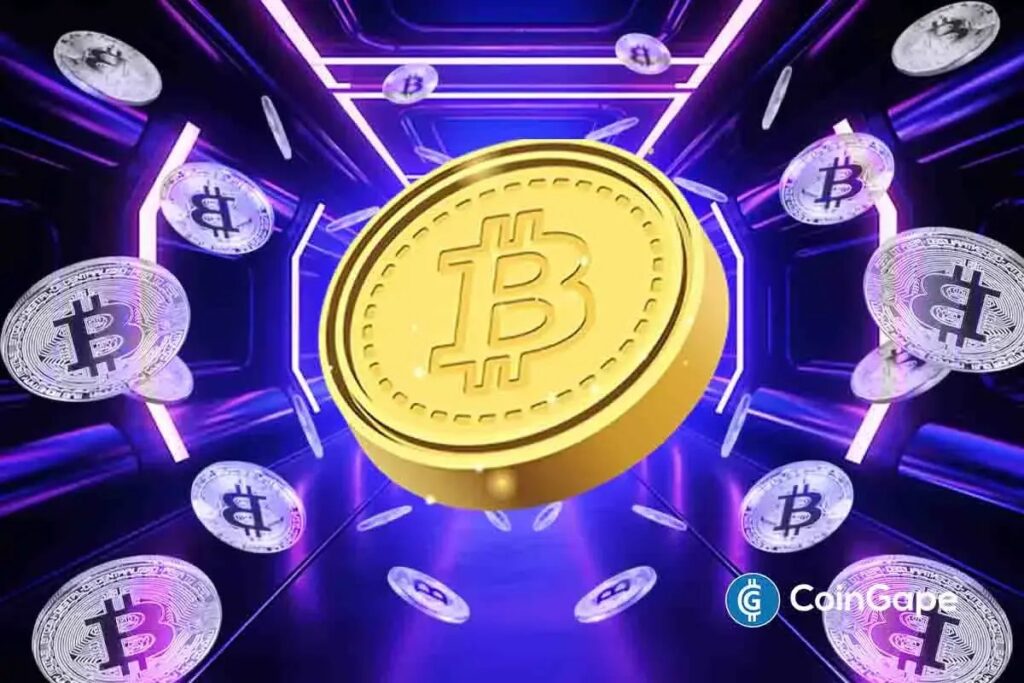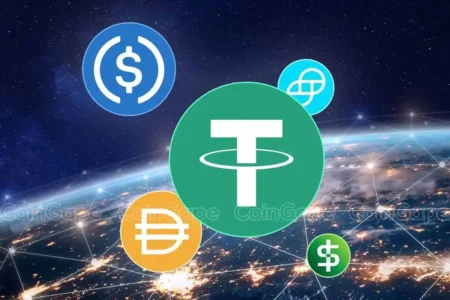The Controversial Bitcoin Core Update: A Threat to Bitcoin’s Decentralization?
Bitcoin (BTC) has always been at the forefront of a decentralized financial revolution, yet a recent proposal in Bitcoin Core has sparked significant concerns among developers and stakeholders. This update, which is designed to change the transaction relay policy, has raised alarms about potential risks to the blockchain’s integrity and the fundamental principles laid out by its creator, Satoshi Nakamoto. Key figures in the Bitcoin development community are weighing in, debating whether this update could introduce “blockchain bloat” and compromise Bitcoin’s scalability, efficiency, and decentralization.
Understanding the Bitcoin Core Update
Jason Hughes, a respected developer in the Bitcoin space, has voiced strong objections to a pull request in Bitcoin Core that could fundamentally alter how unconfirmed transactions circulate in the network. He warns that if approved, the update could allow large volumes of non-Bitcoin data to pass through, resulting in increased blockchain size. Such “blockchain bloat” could severely impact individual nodes, making it more challenging for them to remain synchronized with the network, potentially leading to slower transaction times. Hughes argues that these changes could deviate from Satoshi Nakamoto’s vision for Bitcoin as a digital currency, advocating for Bitcoin Knots instead—a version that enforces stricter transaction handling rules.
The Risks of Blockchain Bloat
The notion of blockchain bloat has far-reaching implications. As the blockchain accumulates non-essential data, nodes may struggle to keep pace, potentially leading to increased latency in transaction processing. Hughes emphasizes that allowing a large influx of irreverent data runs counter to Bitcoin’s original purpose. He advocates for community awareness and calls for major mining entities like AntPool and ViaBTC to reject the proposed changes. Hughes’ concerns reflect a broader unease regarding how technical updates could shift the balance of power within the Bitcoin ecosystem.
Diverse Perspectives from the Development Community
Peter Todd, another notable developer, has joined the conversation, highlighting that while Bitcoin Knots offers a more conservative approach, it still permits certain undesirable transactions. Todd suggests that a soft fork could be the most viable solution to block non-financial data from entering the blockchain. His idea includes implementing new transaction rules that would only allow valid hash digests or public keys. By raising the computational cost for adding junk data, this approach could deter spamming. Nevertheless, Todd acknowledges the limitations of such measures, particularly against those spams linked with token trades.
The Institutional Interest in Bitcoin
This debate comes at a pivotal moment when institutional interest in Bitcoin is surging. MicroStrategy’s recent acquisition of 15,355 BTC for $1.42 billion exemplifies the growing acceptance of Bitcoin as a legitimate investment vehicle. However, while the influx of institutional capital can contribute to market stability, it also raises concerns about the centralization of power within the Bitcoin ecosystem. If decision-making becomes concentrated among a select group of major players, the decentralized nature of Bitcoin could be at risk. This puts further emphasis on the importance of maintaining Bitcoin’s core principles amidst rapid growth and adoption.
Implications for Bitcoin’s Future
As the ongoing debate surrounding the Bitcoin Core update unfolds, it serves as a crucial reminder of the challenges facing the Bitcoin community. Engaging in discussions about technical changes is vital to ensuring that Bitcoin remains aligned with its foundational values of decentralization, security, and efficiency. The implications of this update could irreparably alter the landscape of Bitcoin, testing the resilience of its core principles in the face of growing institutional involvement.
Conclusion: The Path Forward for Bitcoin
The conversation surrounding the Bitcoin Core update underscores the importance of community engagement in preserving the integrity of the Bitcoin network. As developers like Jason Hughes and Peter Todd propose various solutions, vigilant oversight is required to maintain a balance that reflects Bitcoin’s original intentions. While institutional interest can bolster the cryptocurrency’s legitimacy, it is essential to guard against the centralization of influence. The ongoing developments within the Bitcoin ecosystem demand careful contemplation and informed decision-making to echo the decentralized values that Satoshi aimed to establish.
In summary, the Bitcoin community is at a crossroads, and as it grapples with fundamental questions regarding the blockchain’s future, the outcome will undoubtedly impact the trajectory of cryptocurrency as a whole. Stakeholders, developers, and users must remain vigilant and proactive in defending the decentralized ethos that underlies Bitcoin.
















